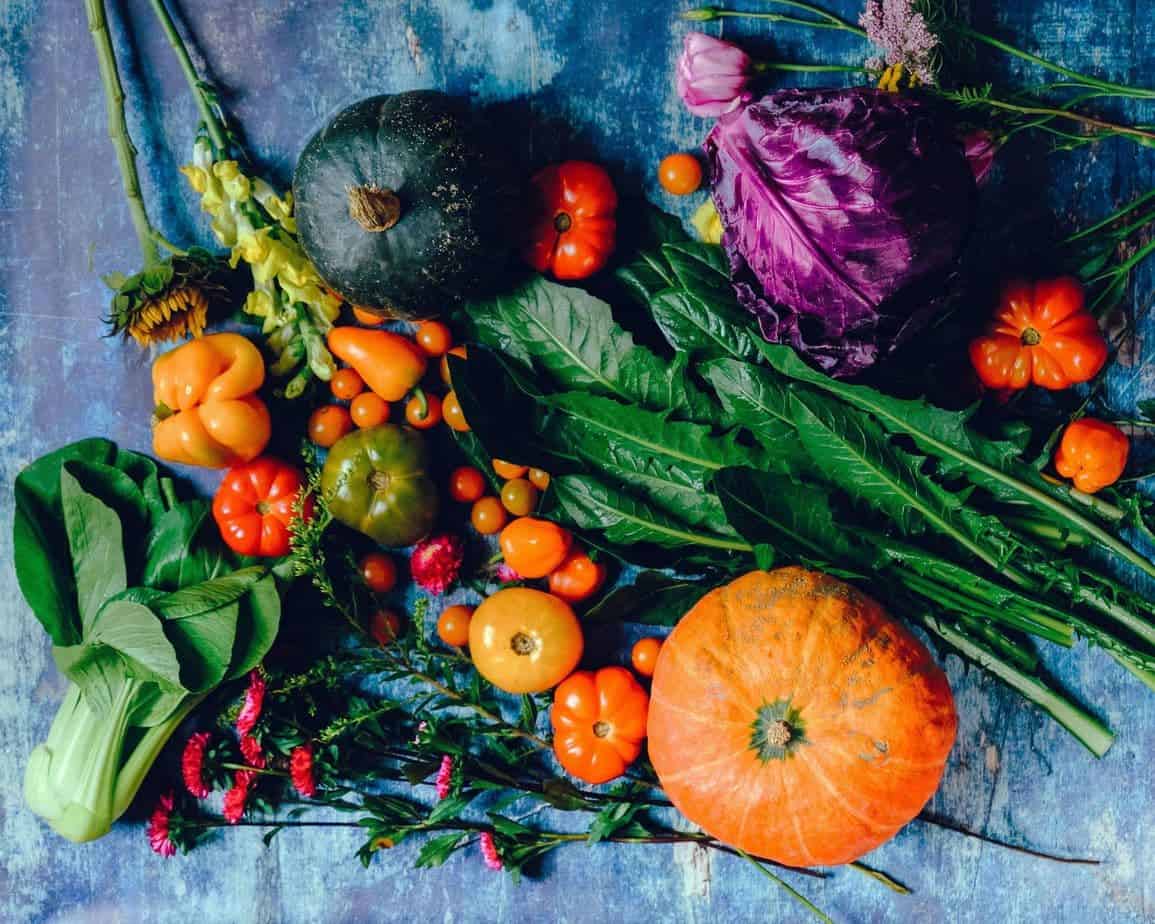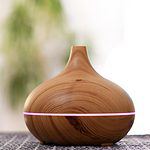Plants improve the air quality we breathe, acting as a filter from air pollution, providing us with oxygen and decreasing dust in the home by up to 20%. Plants surround us daily and play a significant role in our mental, physical and spiritual health. Gardening, plants and people coexist, and as long as there are plants, we are sure to live a healthy life.
Health Benefits Of Gardening
Gardening and your well being has obvious and not so obvious health benefits.
The obvious benefits are that plants provide food that nourishes our bodies and gives us the energy to keep us functioning each day. The not so obvious health benefits are the physical and mental benefits of gardening.
Our lives primarily focus on work and tech-dominated activities, but when we let go of these things and try an activity like gardening, our heart and our whole being become lighter.
Many see gardening as an old school thing to do, something that retired people or your grandparents did. Ever wonder if perhaps there was more to it, that these people were on to something that could be helpful to you?
When we are distressed, the rule of thumb is to relax, to ground oneself. Gardening is an excellent way to relax and ground oneself. Connecting with nature by touching the dirt and feeling the sun on your skin helps you to reconnect your soul to the earth, to your roots.
Your sense of purpose becomes more evident, and you boost your self-esteem. When you grow your food, you get to value yourself in a significant way.
Mental Health Benefits Of Gardening
Gardening reduces the stresses, sadness, or anxiety that you feel as it helps you to be mindful by engaging your senses in the things around you. Research shows that gardening reduces depression and postiviely effects moods. The relaxing effect that you will get from gardening ensures that your focus is on the tasks involved in the plant, soil, and water, not on your stresses.
All of your senses are engaged when gardening. Listening to the sound of the birds and bees, feeling the sun on your skin, and the multitude of colors will captivate your senses fully. Gardening provides an opportunity to practice mindfulness skills as you concentrate on what you are doing and enjoy the beauty around you.
Being able to choose what to plant, where to plant it, how often to water and fertilize the plant can offer you a small moment of control over the circumstances you may feel you have no control over.
Plants are always a vital link that will strengthen our mental health. For most of us, plants in our surroundings ensure our mind settles down, and our view of the world looks better. When we are in open spaces, the mind doesn’t feel trapped, and you are better able to clear thoughts and feelings that have a hold on you. The result of not feeling trapped is that stress decreases, and contentment increases.
There are also therapeutic effects that gardening can bring. Trauma recovery can be painful. Gardening or caring for a plant can assist in the healing process. Plants are non-judgemental, and talking to or not talking to a plant can help to begin conversations with others or provide a moment of connection with another living thing.
When you get involved directly in something that you create with your hands and can see, smell, taste the result, your sense of worth, accomplishment and self-satisfaction is bolstered and validated. This feeling then helps to alleviate your sadness, anxiety, stress.
Physical Benefits Of Gardening
Gardening is a great work out from digging the soil to bending and stretching to pick weeds. Then there is the harvesting of the garden, picking and digging the vegetables and for some preserving the harvest. When you are around plants, you feel happier and even optimistic.
Plants help in clearing toxins from the air. Having plants reduces the toxins from the air and water. The plants pull polluted air down to the roots and then convert them to become food and also energy.
Physically maintaining the plants in your garden and eating the produce you grew helps you cope with stress, anxiety and depression. Eating the vegetables and fruit grown by you leads to healthful eating. You know where the food came from and what percent of pesticides, if any, is on the crop.
No matter what type of garden you choose, vegetable or flower, the benefits to you will be there.
There is something the touches our heart about the achievement and caring for plants. You may find yourself sitting on the deck, standing next to your flower bed to view the flowers, smell the fragrances and admire the flowers and plants and the way they have grown. You live in the moment, and your attention span is prolonged.
Gardening Lowers Blood Pressure
When you garden, there is a combination of physical activity and interaction with nature and sunlight. These are the unique players when it comes to the good health of a person.
Being in the sunlight produces vitamin D, which is absorbed by the body and lowers your blood pressure. The production and utilization of fruits and vegetables in your diet has a positive impact on reducing your blood pressure and improving your overall health.
Our survival depends on the plant, so the role they play in our lives is not small. They help us physically to live by providing us with the nutrients and food to live, clean the air we breathe and assists with our physical, mental and spiritual health.
Final Thought
Whether you are looking to improve your physical health, mental wellbeing, or garden for everyday sustanance, gardening may be the perfect activity for you.
Let your mind relax in the garden.






